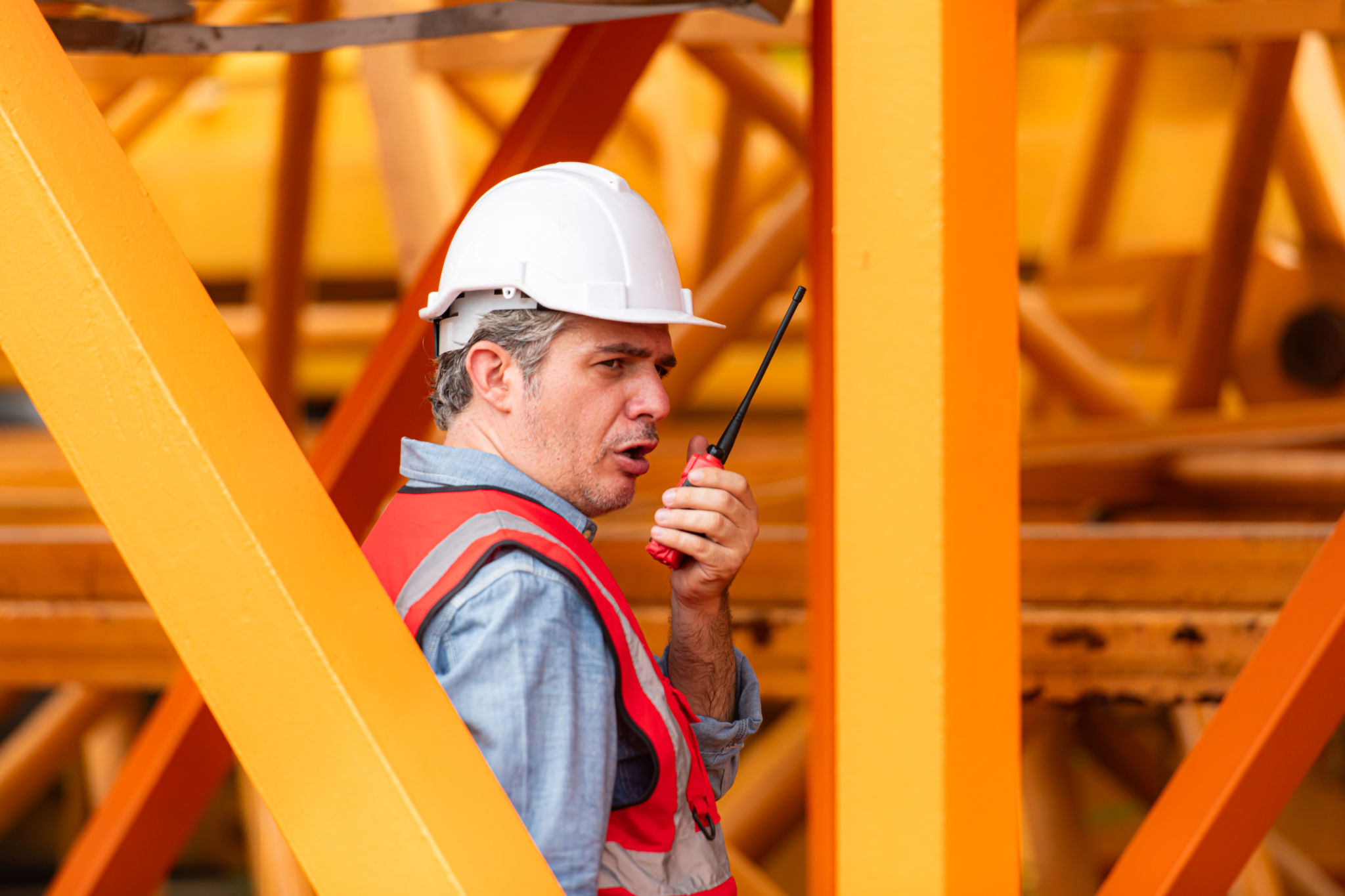Debunking Common Myths About Signal Person Training
KM
Understanding Signal Person Training
Signal person training is crucial for ensuring the safe and efficient operation of cranes and other heavy equipment. However, despite its importance, several myths and misconceptions surround this training. In this blog post, we aim to debunk these myths and highlight why proper signal person training is essential for any construction or industrial site.

Myth 1: Signal Person Training is Unnecessary
One of the most common myths is that signal person training is unnecessary, especially for those with extensive experience in the field. This is far from the truth. No matter how experienced an operator might be, signal person training provides specialized knowledge that is crucial for safety. It equips individuals with the skills to communicate effectively using standardized hand signals and radios, which helps prevent accidents.
Furthermore, regulations often require certified signal persons on construction sites. Ignoring this requirement can lead to severe legal and financial consequences for companies.
Myth 2: It's Only About Hand Signals
Another misconception is that signal person training is only about learning hand signals. While understanding hand signals is a significant component, the training encompasses much more. It includes learning about load dynamics, understanding equipment limitations, and developing skills to assess environmental conditions that might affect safety.

The comprehensive nature of the training ensures that signal persons can provide accurate guidance to operators, reducing risks associated with lifting operations.
Myth 3: Anyone Can Be a Signal Person
Some believe that anyone on a worksite can act as a signal person without formal training. This myth overlooks the complexities involved in being a signal person. It requires formal training and certification to become qualified. A certified signal person must demonstrate proficiency in signaling procedures and understand the dynamics of crane operations.
Proper certification not only ensures compliance with safety standards but also enhances the credibility of the individual acting as a signal person.

Benefits of Proper Signal Person Training
Properly trained signal persons contribute to the overall safety and efficiency of a project. They help prevent costly errors and reduce downtime by ensuring clear communication between crane operators and ground staff. This leads to more precise operations and minimizes the risk of accidents.
- Enhanced Safety: A trained signal person ensures that every lift is executed safely.
- Regulatory Compliance: Certification helps meet legal requirements and avoid penalties.
- Improved Efficiency: Clear communication speeds up operations without sacrificing safety.
Conclusion: Embracing the Importance of Training
The myths surrounding signal person training often stem from misunderstandings or underestimating its importance. By debunking these myths, we hope to highlight why investing in proper training is crucial for any company involved in heavy equipment operations. Embracing comprehensive training not only safeguards workers but also enhances operational efficiency and project success.
Ultimately, prioritizing signal person training reflects a commitment to safety, quality, and professional excellence on any job site.
